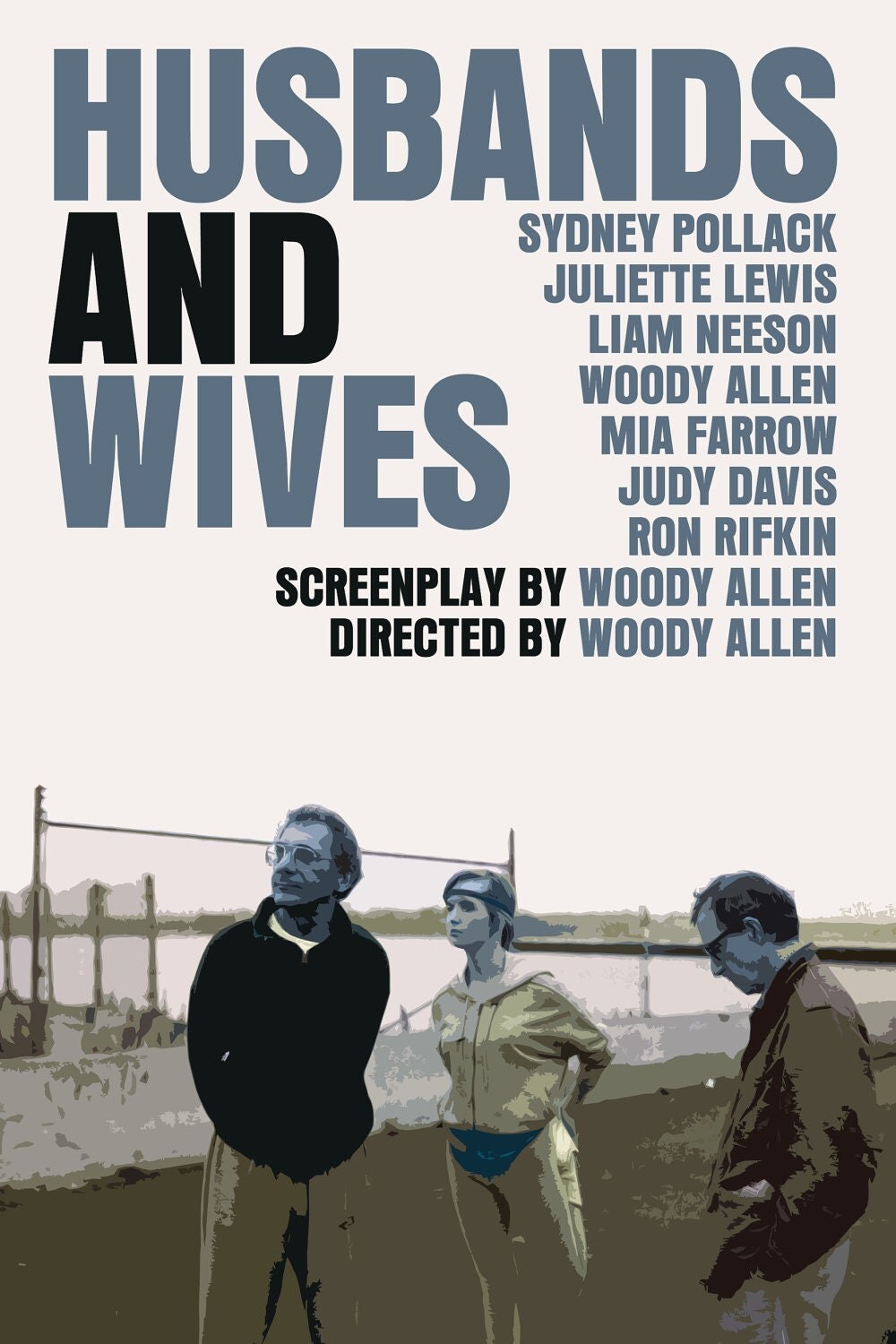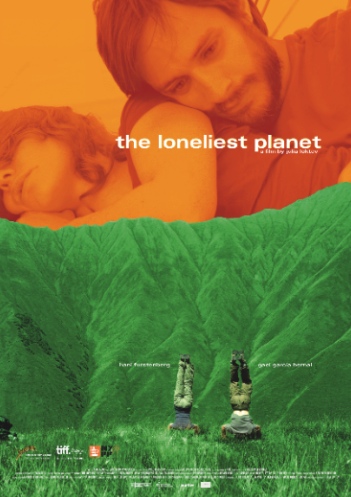Searching for Sugar Man. (Malik Bendjelloul)
An easy pick for my doc of the year, this uplifting, stranger-than-fiction story is actually a contender for my favorite movie of 2012 -- doc or not. It's the kind of beautiful story the world needs to see, and the fact that this is reality makes it all the more stunning to take in. The story follows an investigation into the death of American musician Rodriguez, a non-seller in the early seventies here in the States, with two(-and-a-half) albums to his credit. The fact that his records sold millions as anthemic protest songs for the anti-apartheid movement in South Africa, coupled with the fact that Rodriguez knew nothing about that movement, including the amount of money he should have garnered from royalties there, is unheard of, and unfair-- but it's actually the smaller part of the story... The mass legend surrounding his on-stage suicide (did he light himself on fire on stage? or something even worse?) -- never corroborated -- and the investigation into how and why the musician from Detroit disappeared takes on an intensity of its own. I cannot say more than that, as this story is incredible, and could only happen from a time the Internet did not exist. To spoil what happens in the investigative Searching For Sugar Man feels like a crime to anyone with the desire to see the film. See this with as little info as you can going in, and then buy the soundtrack that's now available, a "Best Of" Rodriguez, featuring songs from his two released LPs. (I still need to track the CD down for myself, but I've had the title song stuck in my head for months.)
Bully. (Lee Hirsch)
As the father of a ten and a seven year-old, I know this is an over-used word, one that makes its way from claims on the schoolyard playground to Internet forums and twenty-minute spots on news shows like "Sixty Minutes" and the like. But the "Bully" is a reality in our culture, kids modeling what they see in their peers and capitalist parents, where only the strong survive -- and the weak (or different), well, we don't have time for them. Bully, then, travels from Mississippi to Oklahoma to Georgia, telling the stories of a few victims of bullying, two of which only in loving memory as they could no longer endure the pain and tragically ended their young lives. The film shows a society of kids who are either too embarrassed or too isolated to bring their problems to adults who might help -- and it shows adults (principals, teachers, parents) who either turn a blind eye or are helpless to figure out a plan of action (mostly the former). While we can empathize with the victims, Bully doesn't go too far beyond that. This is a point and shoot film -- the most it's going to do is pay more attention to a problem we already know about. It's an effective doc for the sympathetic way it relays these kids' stories (quite well, I'll add), but at the end it's no closer to an answer, a way to solve the problem. Regardless, it's an excellent call for an understanding of tolerance and diversity, a call that needs to be heard in our culture's climate, no matter the hearer's age.
The House I Live In. (Eugene Jarecki)
Like he did with American foreign policy in Why We Fight (2005), Eugene Jarecki takes a strong look at a truly American problem -- he investigates and dissects it, personalizes it, and drives home his point with ferocious clarity. The House I Live In differs from Why We Fight in that we are now dealing with a domestic issue -- drugs, the way we enforce our "war on drugs," and the crushing effect of old-school law on already impoverished neighborhoods and black culture in general. The flow of power from an outdated and unstoppable system (the "Powers That Be") is again Jarecki's target on display. The tagline for the film reads: "In the past forty years, the war on drugs has accounted for 45 million arrests, made America the world's largest jailer, and destroyed impoverished communities." Jarecki begins with a personal story, that of his nanny's son, a life lost to this so-called war. He then broadens his scope to street cops, politicians, talking heads, and the marginalized many caught in middle of this system. Sometimes all it takes to be "caught in the system" is to be born on the wrong side of town. All interviewees express disillusionment at the laws and the many in jail -- all express anger at the target on the back of inner-city youth -- all seem to understand that the last forty years have turned a "moral" idea to a money making government machine now totally out of control. The only problem I have with The House I Live In is that while there are great examples on display, I learned very little while watching the film. Like most, I've already come to the conclusions the doc reached. ("Hey, I get it. I'm already there.This is more about a war on racism and poverty than it is about narcotics, or anything else.") But it's a powerful film simply for archiving this moment in the war's history -- a moment which represents the cry of an oppressed people looking for better answers than just another blind arrest, or a gangland death, or a trite little phrase like, "Just Say No."
The Flat. (Arnon Goldfinger)
There have been extremely positive reviews floating around the Internet regarding The Flat -- Ebert giving it three-and-a-half stars, and the film's own poster carrying a quote from Michael Moore, describing it as, "One of the best movies of the year." This tiny production from Israel, shot with what looks like a cheap, hand-held digital camera, has also won numerous awards -- and with a subject matter like this, I guess I can understand that. Documentarian Goldfinger begins the process of clearing out a flat which belonged to his deceased grandparents, only to discover the two were originally brought to Tel Aviv from Germany as part of a plan hatched by friendly Nazis -- including a very high ranking Nazi, and apparently a true friend -- to help the Jews avoid the ethnic cleansing and concentration camps of the time. As Goldfinger digs into his Grandma's books, letters, antiques and photos, the extent of the friendship with this man (get-togethers over coffee, both couples enjoying dinners on the town), and collaboration with the Nazi party in general becomes a bit of a shocker to the filmmaker and his mom, the shock eventually reaching all the way to their extended family in Germany, too. I can understand the profound nature of all of this, the shock of it all. Goldfinger seems to be not only unraveling his past, but also implicating his family, perhaps their honor, too -- but certainly their identity. The problem I have with the doc is that it might have been a better book than a film. After ten minutes, the film spirals into utter boredom, the kind that you feel guilty for, the kind that makes you feel like a bad person and you wish you could try harder to stick with it. It's of little consequence to the viewer personally, and that's actually where the film fails. This may have been a huge issue for this family -- something anyone who sees The Flat will no doubt recognize -- but it translates little to a heart outside of the drama. (At least this heart.) It's a little dull, it goes on way too long, and I was hoping the best for the whole family, but at the end I was just glad for the credits to roll.











